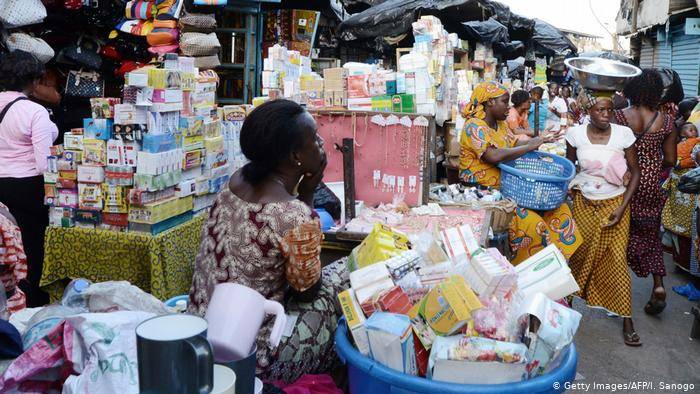100,000 Annual Deaths In Africa Caused By Fake Drugs: Find Out How This Country Is Using Blockchain To End The Menace

Counterfeit medicines are on the rise, killing approximately 1 million people a year, around 10 percent of medicines across the world are counterfeit, data by the World Health Organization indicates.
In Africa, the health system is in an arms race with a rising fake medicine problem, hundreds of thousands of deaths are recorded annually because of fake medication, an E.U-funded report stated, in a bid to fight this surge, different countries employ various means to tackle the crisis.
Counterfeiters are taking advantage of this lucrative business by producing look-alike drugs which contain little or no active ingredients or to some extent, wrong ingredients which are harmful. Africa attracts a high penetration of these drugs due to its weaker technical capacity.
Uganda, whose fake drugs are estimated to be as much as 10 percent, has resorted to leveraging on blockchain technology to tackle the fake drugs, which are said to originate mainly from Kenya and the Democratic Republic of Congo.
The East African country is using blockchain tech platform to identify counterfeit drugs and prevent its distribution in the pharmaceutical supply chain.
Under a new partnership with the Government, blockchain startup, MediConnect will explore the transparency of decentralized ledger technology to limit opportunities for messing with supply data.
Dexter Blackstock, CEO of MediConnect, said that the blockchain is a good opportunity for the firm to establish its base in Uganda’s national infrastructure and protect its citizens by ensuring all drugs are safe
“The Ugandan President, Minister of Health and National Drug Authority all understand the need to act fast to tackle the country’s counterfeit drug problem and recognize the benefits offered by tracing medication on the secure, scalable blockchain framework we are developing,” he said.
Uebert Angel, the strategic partner of MediConnect, on his part stated: “It is humbling to be able to make a difference by investing in the country’s pharmaceutical sector and partnering with MediConnect to identify fake drugs and prevent them from reaching end-users. I am delighted that his government is interested in exploring the use of MediConnect as a national-level solution to achieve this goal.”
Featured Image Courtesy: Dw.com